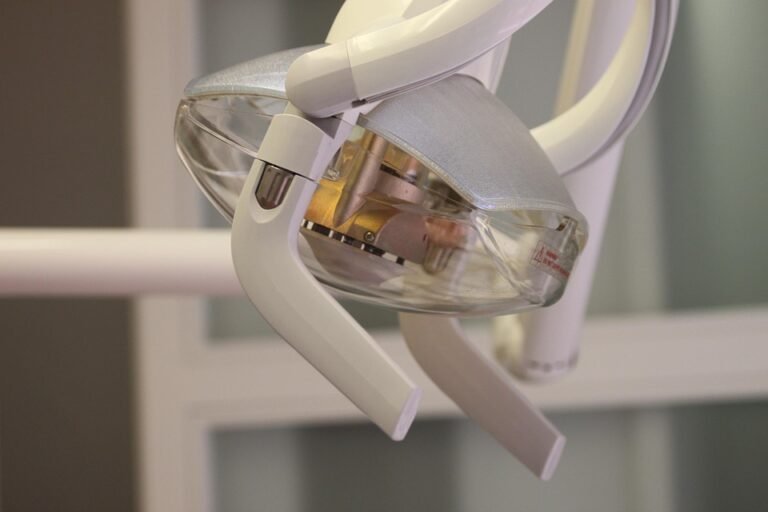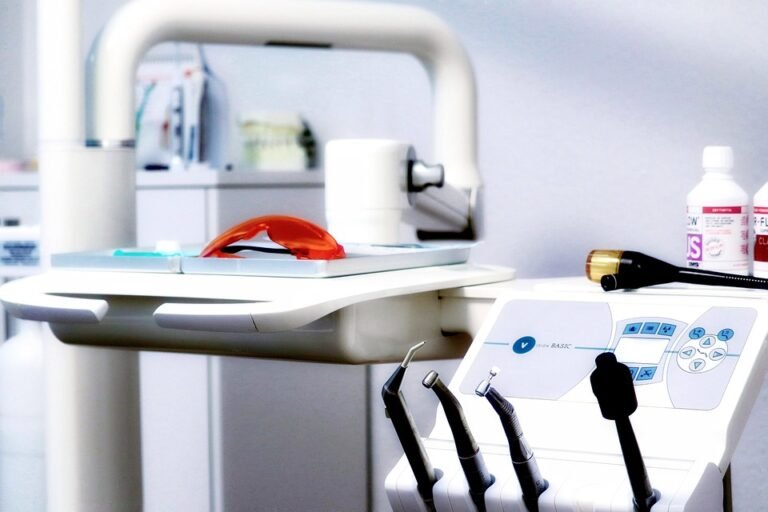What are the career prospects for graduates of online dental education programs?
Okay, so I’m really considering enrolling in an online dental education program – you know, one of those hybrid ones where you do a lot of the coursework online but still have in-person clinical rotations. It seems like a more flexible option for me right now with my family situation.
But I’m really worried about whether a degree from an online program will be taken seriously by employers, especially when it comes to something as hands-on as dentistry. I’ve heard conflicting things. Will I be able to get a job in a private practice, or even a public health clinic? Will insurance companies even reimburse procedures I perform?
I’m also concerned about things like getting licensed. Will state boards of dentistry view my qualifications differently compared to graduates from traditional brick-and-mortar schools? Will I be at a disadvantage when applying for residency programs if I later decide to specialize?
Basically, what are the REAL, practical career prospects for someone graduating from a hybrid online dental program? What kind of salary can I expect compared to traditional graduates? Are there specific things I should look for in a program to make myself more competitive in the job market after graduation?
Answer
The career prospects for graduates of online dental education programs are complex and currently face significant limitations. While the demand for dental professionals remains strong, the acceptance and recognition of online-only dental education programs are not yet widespread within the dental community and regulatory bodies.
Current Limitations and Challenges:
- Accreditation: The Commission on Dental Accreditation (CODA) in the United States, and similar accreditation bodies in other countries, are responsible for setting standards and accrediting dental education programs. Currently, CODA does not accredit fully online dental degree programs. Accreditation is a crucial factor for graduates to be eligible to take licensure exams and practice dentistry. Without CODA accreditation (or its equivalent), graduates face extreme difficulty or impossibility in obtaining a dental license.
- Licensure Requirements: State dental boards (in the US) and their counterparts in other regions set the requirements for dental licensure. These requirements typically include graduation from an accredited dental school, passing national and regional board examinations, and meeting specific clinical experience standards. Because accredited dental schools are primarily brick and mortar institutions that emphasize extensive clinical instruction, online-only programs do not typically satisfy these standards.
- Clinical Experience: Dentistry is a hands-on profession. Dental education requires extensive clinical training under the supervision of experienced faculty. Online programs face significant challenges in providing adequate clinical experience, as they lack the physical infrastructure and patient access necessary for comprehensive practical training. While some programs may incorporate simulations or partnerships with local clinics, these alternatives may not fully replicate the experience and rigor of traditional clinical rotations. The lack of real-world clinical experience can be a major disadvantage for graduates seeking employment or starting their own practice.
- Employer Perception: Even if a graduate of an online program were to overcome licensure hurdles, they might encounter skepticism from potential employers. Many dental practices and healthcare organizations prefer to hire graduates from traditional dental schools with established reputations and proven track records. Employers may be concerned about the quality of clinical skills and the level of preparation of graduates from online programs.
- Specialization and Further Education: Graduates of online dental programs may face difficulty gaining acceptance into specialty residency programs or pursuing advanced degrees in dentistry. Specialty programs typically require graduation from an accredited dental school, and competition for these programs is fierce. Graduates from unaccredited online programs may be at a distinct disadvantage.
- International Recognition: The acceptance and recognition of online dental degrees can vary significantly across different countries. Some countries may have strict regulations regarding dental education and licensure, making it difficult for graduates of online programs to practice.
Possible (but Limited) Career Paths with an Online Dental Degree (assuming licensure issues could be overcome in a specific jurisdiction):
- Dental Research: Graduates may find opportunities in dental research, particularly if the online program has a strong research component. However, even in research, a lack of traditional clinical experience could be a drawback.
- Dental Education (Limited): Depending on the specific online program and the regulations of the institution offering it, graduates might be able to pursue limited roles in dental education, such as assisting with online courses or developing educational materials. Full professorships or clinical teaching positions would likely be out of reach without traditional qualifications.
- Dental Consulting or Sales: Graduates might find opportunities in dental consulting or sales, where their dental knowledge can be valuable. However, employers in these fields may still prefer candidates with traditional dental degrees and clinical experience.
- Dental Administration: Some graduates may be able to work in dental administration, managing dental practices or working for dental insurance companies. However, prior experience in a clinical setting is often preferred.
- Public Health Dentistry (Potentially, with significant caveats): Depending on local regulations and the specifics of the online program, some graduates might be eligible for positions in public health dentistry, such as working in community clinics or developing oral health programs. However, the same concerns about clinical experience and licensure would still apply. It would likely require significant bridging coursework.
Future Considerations:
- Technological Advancements: As technology continues to advance, online dental education programs may be able to improve the quality of their instruction and provide more realistic simulations of clinical procedures. However, it is unlikely that technology can fully replace the experience of working with real patients under the supervision of experienced faculty.
- Changes in Accreditation Standards: It is possible that accreditation standards for dental education may evolve over time to accommodate online programs, but there is no guarantee of this. Any changes would likely require rigorous evaluation of the quality of online programs and assurance that graduates meet the same standards of competence as graduates from traditional programs.
- Evolving Licensure Requirements: State dental boards and licensing bodies may also need to adapt their requirements to recognize online dental degrees. However, this is likely to be a slow and cautious process, as patient safety and the quality of dental care are paramount.
In Conclusion:
The career prospects for graduates of online dental education programs are currently very limited due to accreditation issues, licensure requirements, and employer perceptions. While there may be some niche opportunities available, graduates may face significant challenges in pursuing a traditional career in dentistry. The future of online dental education will depend on technological advancements, changes in accreditation standards, and evolving licensure requirements. However, at present, a fully online dental degree is not a viable pathway to practicing dentistry in most jurisdictions.



